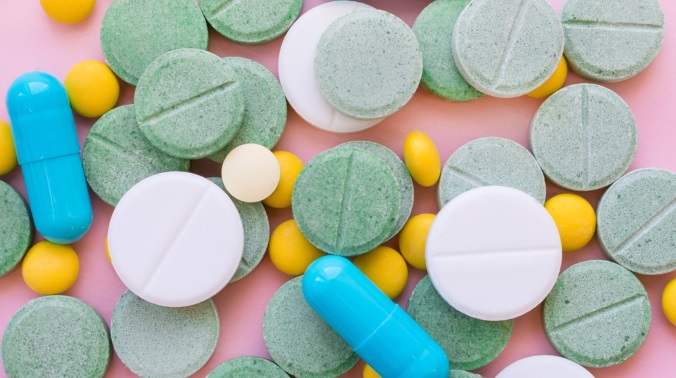The United States has about five percent of the world’s population, yet it generates around 80 percent of the world’s opioid prescriptions. More than 140 people die every day in the US from drug overdoses — and according to the Centers for Disease Control, six out of 10 of those deaths involve prescription opioid pain medications. In Arkansas, a state hit hard by the opioid crisis, 116 prescriptions for opioids are written annually for every hundred residents.
The skyrocketing rates of addiction and death related to prescription opioid medications recently prompted President Donald Trump to declare the opioid crisis a “national emergency” — following the recommendations of the President’s Commission on Combating Drug Addiction and the Opioid Crisis. The commission produced a set of recommendations for combating the crisis. Conspicuously absent from the list, however, was cannabis — a safe and substantially less-addictive alternative to opioids and other medications.
The Rise of Opioids
Since the late 1990s, the number of prescriptions for opioid pain medications has soared, thanks to aggressive marketing by pharmaceutical companies and the rise of “pill mills” run by doctors eager to cash in on the demand for these dangerous drugs. By the mid-2000s, the rates of opioid addiction and overdose began to outpace those of street drugs. Now, opioid overdose has become the leading cause of death in several US states, and the crisis strains resources and places extra burdens on law enforcement, first responders, and hospitals.
The president’s decision to declare the opioid crisis a national emergency will free up funding to address the issues related to the crisis and allow states to implement extra measures to address it.
The Presidential Opioid Commission Makes Recommendations — But Cannabis Isn’t One of Them
In its report, the presidential opioid commission included several recommendations. Many of these focused on finding medical solutions, such as the broader use of medications like the detox drug buprenorphine to treat opioid addiction, more research into new non-opioid pain relievers, and wider availability of naloxone, a drug that can reverse the effects of an opioid overdose. But, as recent research demonstrates, the real solution to all these aspects of the problem may be cannabis — a substance that can actually replace opioids and other pharmaceuticals altogether for many patients with chronic pain and other conditions.
Federally funded research into the medicinal applications of marijuana remains limited, hamstrung by the classification of marijuana as a Schedule I drug — a controlled substance like heroin or LSD, with a high potential for addiction and no known medical benefits. But for several years, private sector studies on the properties of cannabis have shown again and again that many of the active compounds in marijuana have properties that can relieve pain, calm anxiety, and even slow the development of cancer cells.
CBD to Replace Opioids?
A landmark study conducted by the University of California, Berkeley, in partnership with HelloMD, an online community devoted to medical marijuana, has focused specifically on comparing cannabis to opioids. And the results overwhelmingly show that cannabidiol (CBD), a non-psychoactive compound in marijuana, can provide better relief of pain and other symptoms than either opioid or non-opioid medications.
The Berkeley-HelloMD study surveyed data from 3,000 participants to discover whether their use of cannabis had affected their consumption of opioids, and the answer was a resounding “yes.”
Among the key takeaways from the study:
- 97 percent of participants said they used fewer opioids when using cannabis
- 92 percent preferred cannabis to treat their medical condition
- 81 percent believed that cannabis alone was more effective in treating their symptoms than cannabis and either opioid or non-opioid painkillers.
The cannabis plant contains more than 100 active compounds, but much of the research on marijuana’s medicinal properties has centered on CBD. CBD binds to the body’s cannabinoid receptors to block pain and calm the brain’s “fight or flight’ responses. For those reasons, CBD can be useful in treating not only chronic pain but also a variety of conditions including insomnia, depression, PTSD, and even schizophrenia.
The Berkeley/HelloMD study joins a growing body of studies showing the effectiveness of cannabis therapies. In related research, for more than 80 percent of patients studied, cannabis trumped not just opioids but a variety of other medications such as Xanax, Valium, and Ambien for control of symptoms without the risk of addiction or potentially dangerous side effects.
The long-standing “war on drugs” fostered the widespread belief that marijuana is a gateway drug leading to abuse of heroin and other opioids. But as recent research demonstrates, cannabis may be the medication that slams that gateway shut — and provides a safer alternative to opioid painkillers.

